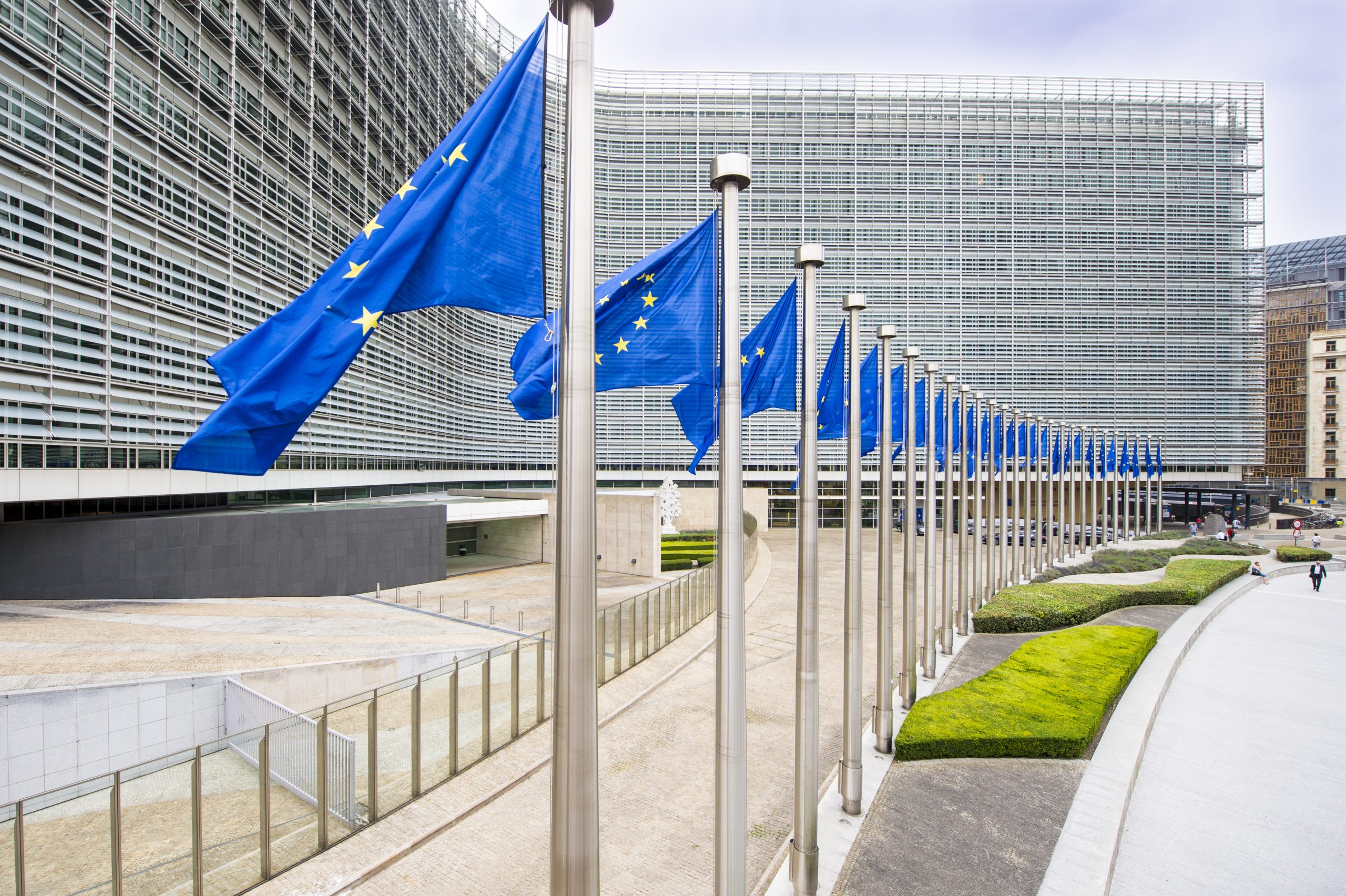EU at UN Environment Assembly: seeking to secure launch of negotiations for global agreement on plastics
 @European Union, 2018
@European Union, 2018Commissioner Sinkevičius is representing the European Union at the fifth session of the United Nations Environment Assembly (UNEA-5) taking place from 28 February to 2 March in Nairobi, Kenya. In an alliance with partners from all continents, the EU will seek to secure the launch of negotiations for a new legally binding global agreement on plastics. The EU will also aim to create a Science-Policy Panel for Chemicals, Waste and Pollution, to reinforce scientific advice to the global community in a similar way as the Inter-governmental Panel on Climate Change. A final objective will be to reach an agreement on a definition of the concept of nature-based solutions, decisive ahead of COP15 under the Convention on Biological Diversity.
Commissioner for Environment, Oceans and Fisheries Virginijus Sinkevičius said: “Our planet faces the triple crisis of climate change, biodiversity loss and pollution. The EU is not only addressing it at home, but is building alliances on the international stage as we need to tackle these global challenges together. I am going to Kenya to secure key EU priorities, especially launching the negotiations for a new global agreement on plastics. We already have over 140 partners on board and I am confident the international community will step up. Collectively we can have real impact and that is what I am hoping for at the UN Environment Assembly.”
Aiming for milestone in addressing global plastic pollution
The EU’s key negotiating objectives include:
- Establishing an international negotiating committee for a legally binding global agreement on plastics. The EU aims for an agreement that takes a circular, life-cycle approach to plastics as outlined in the Circular Economy Action Plan. Given the global nature of plastic pollution, only coordinated efforts at global level are an effective way to address this problem.
- Creating a Science-Policy Panel for Chemicals, Waste and Pollution, which will provide similar support in dealing with these problems as the IPCC, IPBES and IRP provide, respectively, to climate, biodiversity and natural resource policies.
- Defining and promoting nature-based solutions. Nature–based solutions are actions to protect, sustainably manage, and restore natural and modified ecosystems. They simultaneously provide environmental, social and economic benefits and help build resilience. Currently, the lack of an internationally agreed definition of nature–based solutions hampers progress in various negotiation processes and can lead to ‘greenwashing’ and wrong classification of activities. The EU will be working for a common definition which would facilitate discussions at COP15 and in other UN settings, such as the UN Climate Convention.
The conference should provide guidance to other global processes, such as climate negotiations, negotiations on the post-2020 Global Biodiversity Framework (COP15) and post-2020 chemicals and waste framework, seeking to stimulate ambitious outcomes.
EU side events on pollution, nature and resources
Next to the negotiations, a number of side events will be organised including the Commission’s event on ‘A ‘zero pollution ambition’ to protect nature and people’ on 1 March. It will focus on actions and approaches to further strengthen pollution reduction action as a contribution to nature protection and well-being. Commissioner Sinkevičius and Executive Director of UNEP, Inger Andersen, will deliver keynote speeches. Live streaming is available here.
Commissioner Sinkevičius will also attend the Second High-Level Meeting of the Global Alliance on Circular Economy and Resource Efficiency (GACERE) on March 2, focusing on Circular economy in the post-2020 Global Biodiversity Framework to be agreed at the COP15 Biodiversity Conference later this year.
Background
The United Nations Environment Assembly is the world’s highest-level decision-making body on the environment. It meets every two years. Hosted by the UN Environment Programme, the United Nations Environment Assembly brings together representatives of the 193 Member States of the UN, businesses, civil society and other stakeholders to agree on policies to address the world’s most pressing environmental challenges. The EU participates in the Assembly alongside its Member States, in line with UNGA Resolution A/65/276.
The overall theme for Fifth Session of the United Nations Environment Assembly is “Strengthening Actions for Nature to Achieve the Sustainable Development Goals”. This highlights the pivotal role nature plays in our lives and calls for strengthened action to protect and restore nature and the nature-based solutions to achieve the sustainable development goals in its three complementary dimensions – social, economic and environmental. This fifth session is held in a format adapted to the COVID-15 pandemic, including an online part that took part on 22–23 February and an in-person part in Nairobi.
For More Information
Background information on EU participation in previous UNEA sessions
